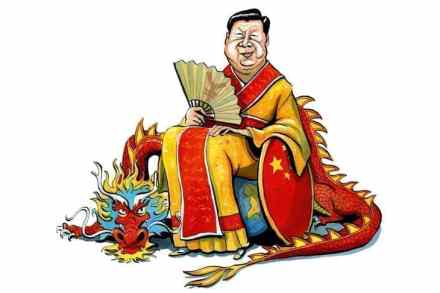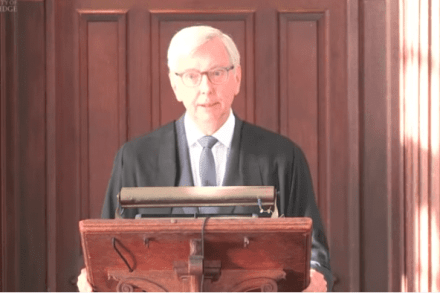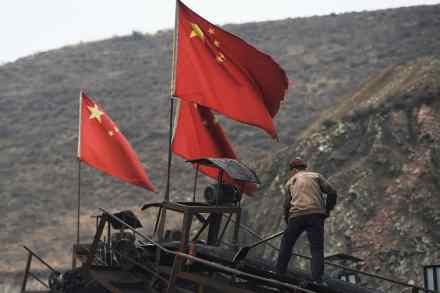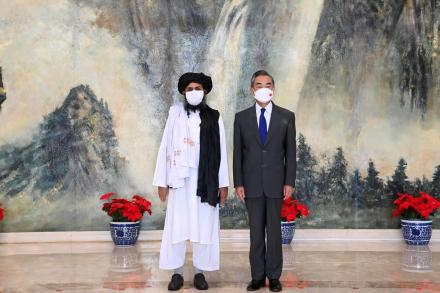Portrait of the week: Petrol panic, Labour’s meltdown and China’s crypto crackdown
Home The crisis of the week was a shortage of fuel at garages. ‘There is no need for people to go out and panic buy,’ said Paul Scully, the small-business minister. That set motorists queueing. BP had shut some petrol stations and blamed a shortage of heavy goods vehicle drivers. Grant Shapps, the Transport Secretary, blamed ‘one of the haulage associations’ for leaking details of a government meeting at which fuel industry people expressed concerns that fuel stocks were at two-thirds of normal levels. But Rod McKenzie, the managing director of policy and public affairs at the Road Haulage Association, said it wasn’t him. The government suddenly said it would




















